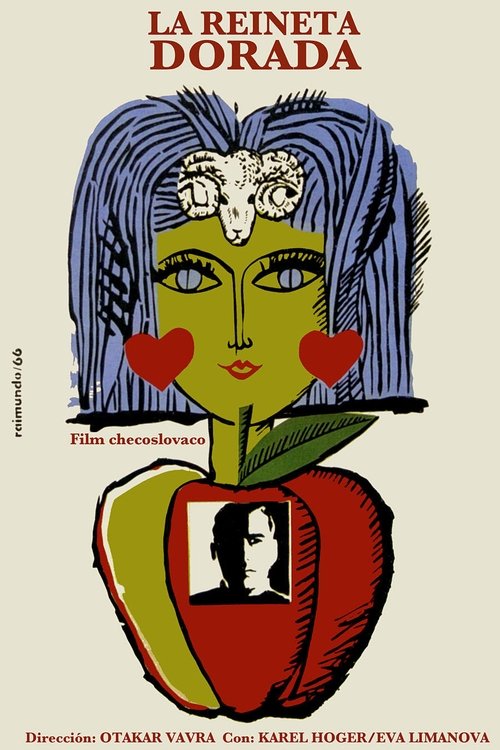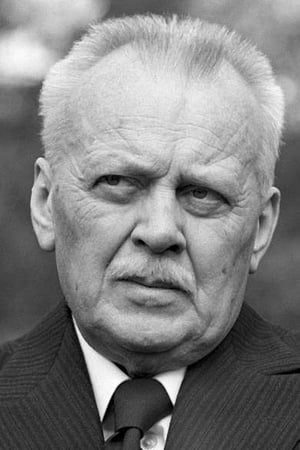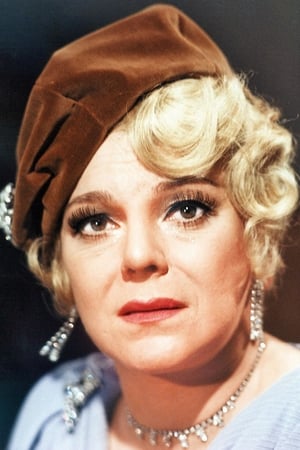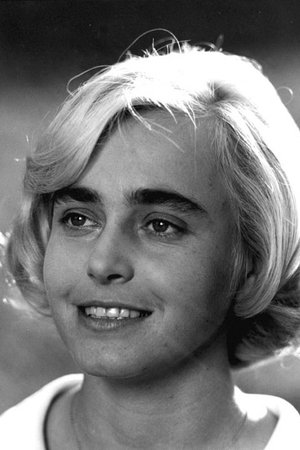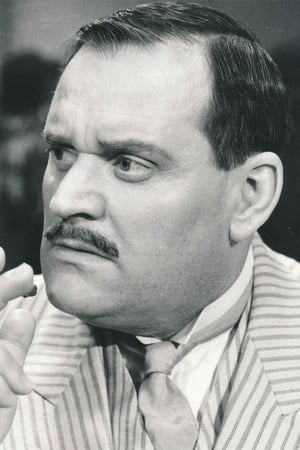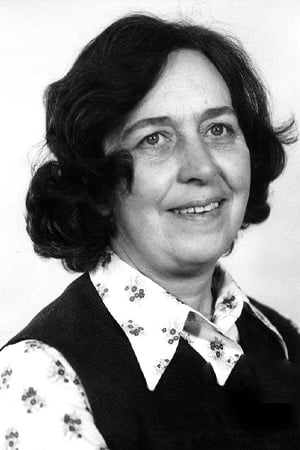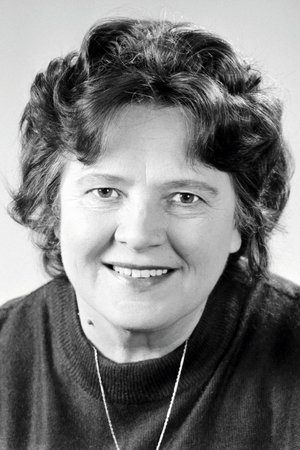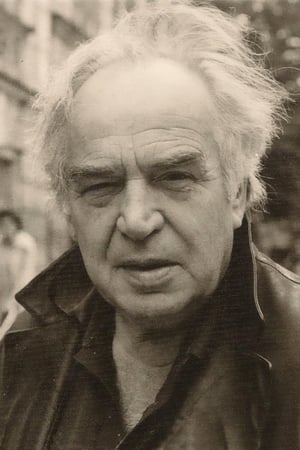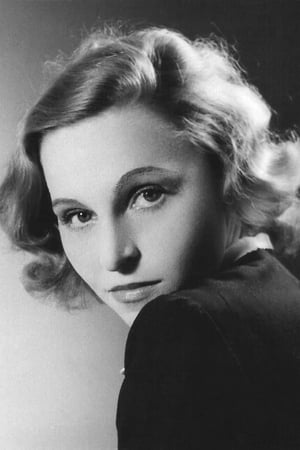
Aqueronte72
9
|
ago. 15, 2024
Anyone who has read Milan Kundera will immediately understand me when I begin by saying that this film has the same rugged and difficult narrative terrain as his work; in this plot it conflagrates - in the same channel - a possible but indistinguishable current of the author's experiences and memories. of Frantisek Hrubin's poetry, rarified with the complex circumstances of the librarian Janova, "little man" as he likes to see himself and who is already entering years. It is not unusual, and even less so in Czechoslovak cinema, and even less so in Czechoslovak poets, not even in Czechoslovak novelists, although some have written in German, that in its framework it is superimposed on the historical consciousness of the individual who narrates - full of grace seeking to escape move forward and hold on to the positive of the present - the misfortune through the regrets and resentments of the - sometimes not so immediate - recent past. Jan's poetic confessions since his arrival to the land immediately bring to mind the definition of nostalgia in "L'ignorance", whose root refers to Kundera whom I remember: "In Greek, “return” is said nostos. Algos means “ "Nostalgia is, therefore, the suffering caused by the unfulfilled desire to return." Nostalgia is "stesk" in Czech. And so, the poetic evocation of the beginning: "I'm finally here, but it's not like that. I never left here. River, my river. I have to let the water run behind me.", slowly fades with the flow of the story, and the hermeticism of the newcomer, gradually emerge, I am not sure, as I already said, whether memories with unfulfilled desires, or rather traumas with insurmountable experiences, especially when Toník begins to add alcohol to his coffee, and another and another little more and what has already happened in the person happens in the mind.
"That they left you there for so long in that library?" "Why do you ask such nonsense? You've had a lot of carnage here, now you're going to frame me." It is as if the mind was tied with harnesses and padlocks but progressively the return to the site loosens the representations and the hesitant Janova voluntarily or involuntarily recovers a reality that he believed buried, since his love affair with comrade Marta who flatters Stalin and is filled with serials. until the peaceful afternoons with Lenka who confesses that her favorite apple is the Reneta that gives the film its title. Jan left the place and they seem not to forgive him with his absurd questions about his role before. He cannot tell them or does not dare, that he has only returned to spend a single night and contrast everything. But in his reminiscences there is a movement in which he suddenly sees a pavilion or what he imagines to be an asylum and Lenka in the corridor. The final scene is painful but true, does the Lenka who remembered and who has aged like him, and has become a religious Mother, remember him? When he catches her in the parking lot, she doesn't even recognize him. It's a shame I brought him the Reneta apples that he likes.
